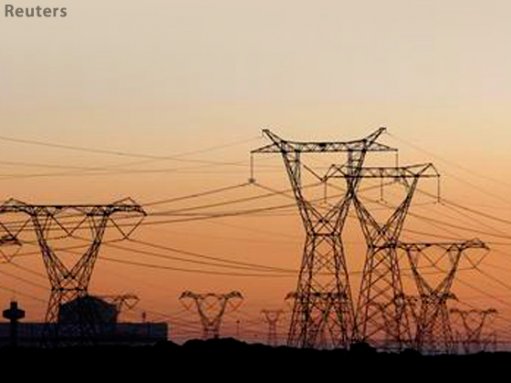
Photo by: Reuters
The Congress of South African Trade Unions strongly condemns NERSA for allowing Eskom to recover R7818 million from customers to cover its purported over-expenditure over the 2010-2013 period, a decision taken without any consultation with stakeholders.
COSATU earlier objected strongly to NERSA’s awarding of Eskom an average of 25% tariff increase for the 2010-2013 period, given the negative impact high tariffs have on the workers and the poor in particular and the economy in general. So in 2012 the country was relieved when Eskom applied for the reduction of the electricity tariffs from 25% to 16% for the 2012/13 financial year.
Now Eskom has applied for R18 396 million to cover its over-expenditure for the 2010/13 multi-year-price determination period. Although the revenue NERSA ultimately allowed Eskom - R7818m - is much lower than the R18396m Eskom had applied for, COSATU still feels strongly that this was a bad decision for millions of South African consumers, who will face yet another unavoidable rise in their cost of living - and as always the poorest will suffer most.
But it is also very bad news for the economy, which slowed down by 0.6% in the first quarter of 2014, and one of the reasons the South African Reserve Bank gave for this decline was the high cost of electricity for industry.
COSATU calls for a review of NERSA’s Multi-Year-Price Determination Methodology to make it mandatory for consultations with the stakeholders whenever an electricity licensee applies for revenue to cover so-called ‘unforeseen costs’, irrespective of the amounts involved. It is not enough to make a determination and give reasons later when there was no consultation at all. Otherwise we will suspect that this is a claw-back, by stealth, of the 2012 electricity tariff relief.